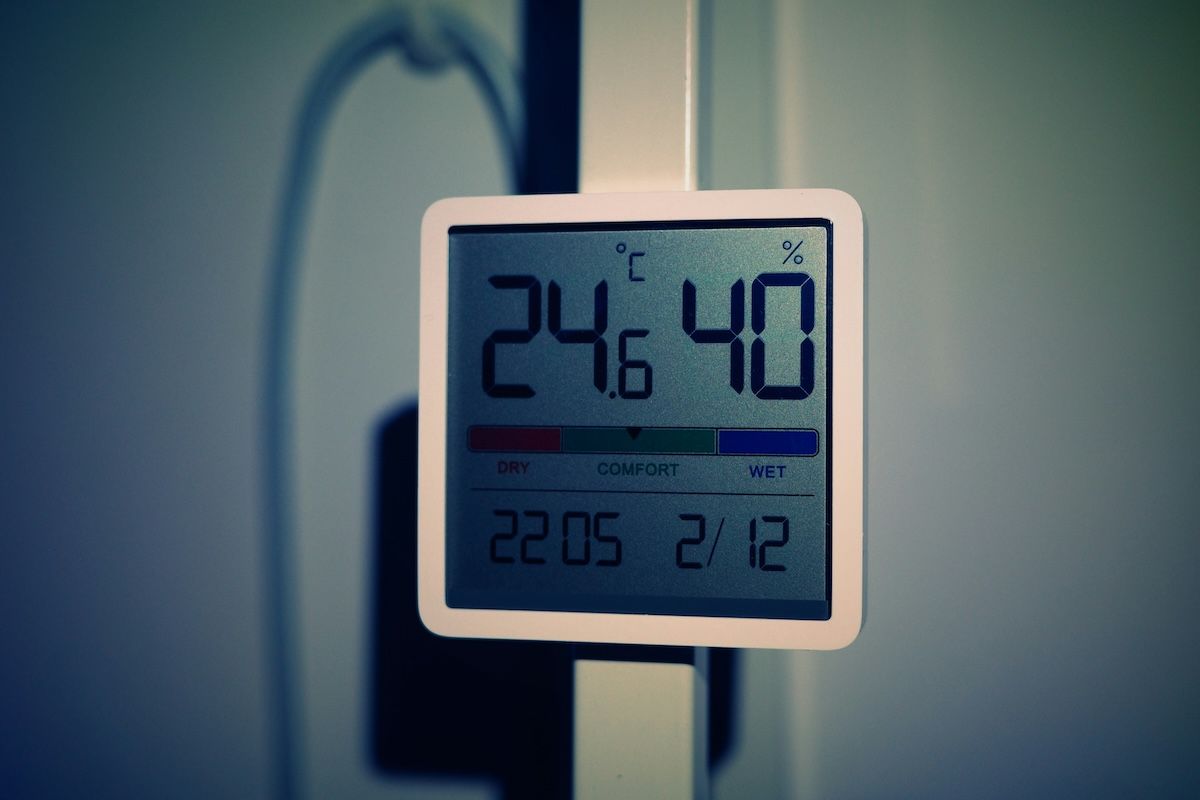How Interest Rates are Determined and Their Affect on the Housing Market
Buying a house is an investment. Several factors need to be kept in mind before going ahead with moving forward with a purchase. When looking to purchase a property, it is crucial to know your financial status and possible options, as well as how mortgage rates impact the housing industry.
Loans are by far the most common way of attaining money for the purchase and there are other costs that need to be given upfront. They can seek help and guidance from top real estate agents who can suggest how to best prepare you and help you find the right tools for financial needs.
With the housing market always fluctuating, learn how the changes can affect your home and decisions.

How are interest rates determined?
In the United States, interest rates are made up of factors like economic health, the national rate at which money is being saved, and the actions of the U.S. Federal Reserve. The Federal Reserve determines what the interest rates are depending on these factors.
Since a majority of home sales are funded by borrowing money through a mortgage, the housing industry gets profoundly affected by any change in mortgage rates.
The biggest factors to learn about mortgage rates are interest rates, why rates fluctuate, and the effects of rates.
Interest Rates
Before understanding the function, you need to understand the interest rate. When you borrow money to purchase a home, you agree to pay back that money over a predetermined timeline. You will be charged a percentage of that cost in addition to the total amount you owe. . That cost is the interest rate.
For perspective, the average interest rate on houses is roughly 2% for a 15-year fixed-rate mortgage.
If the rate is high, the borrower needs to pay more as interest on the loan. This affects the rate at which money is given to individuals and businesses looking for a mortgage and can determine if the interest rate is high or low. Real estate agents can help you find the best mortgage rates in the industry.
Why Mortgage Rates Fluctuate
When the rate of interest is low, the probability of more people taking loans increases. This would cost them less than when the interest rates are high. Conversely, when the rate of interest is high, people tend to avoid borrowing as it becomes expensive. If interest rates are too high for you to take out a loan, there are steps you can take to reduce it.
If you want to reduce your interest rate, here is what you can do:
- Take steps to increase your credit score.
- Refinance your existing mortgage.
- Compare options between online banks, federal banks and local unions.
- Ask your bank for a better rate.
- Request a shorter loan, like 10 or 15 years.
- Ask about the difference between adjustable or fixed-rate loans.
What Happens When Interest Rates Change?
When mortgage rates are lower, more people tend to buy houses due to the availability of lower-cost loans. People who already have mortgages have an incentive to refinance their mortgages for a lower interest rate. This means that homeowners can exchange their current loans for a more affordable one.
When interest rates are low, demand for housing skyrockets. It’s common to see more houses being built when interest rates are low. Construction and development companies are able to take more loans at an affordable rate to finance construction activities. This makes it easy for them to invest in building more real estate.
Low-interest rates also affect the commission rates of real estate agents. If interest rates are low, you may be able to find agents who are able to accept a lower commission rate.
With more people buying houses and receiving loans, the prices of houses will increase as well. This is because there is more competition for those houses and more potential buyers receiving the higher amount of loans.

What Are the Different Types of Mortgage Rates?
There are two main types of mortgage rates, adjustable rates and fixed rates.
Adjustable-rate mortgages are less costly month by month than fixed rates. Over time it is possible to spend more on adjustable-rate mortgages than fixed-rate mortgages. This is because it can be adjusted depending on the market’s interest rates.
Fixed-rate mortgages are the more stable and safe option. They offer a fixed percentage for your interest rate over a set amount of time. These are typically paid in either 10, 15, or 30 years. You know what you are paying on a month-by-month basis and that number does not change. That is why fixed-rate mortgages are often preferred.
In Conclusion
There is a close linkage between mortgage cost and interest rate. Low interest rates increase demand for houses which also results in pushing up house prices. Conversely, demand can cool if the prices are too high which may result in the costs of the house to plummet.
The types of mortgages can help you more depending on how the market is behaving and there are ways to avoid a higher mortgage rate. You always have options, so contact us if you have more questions.
Ready to sell or buy your property? Contact us and we will help you get the process started.





